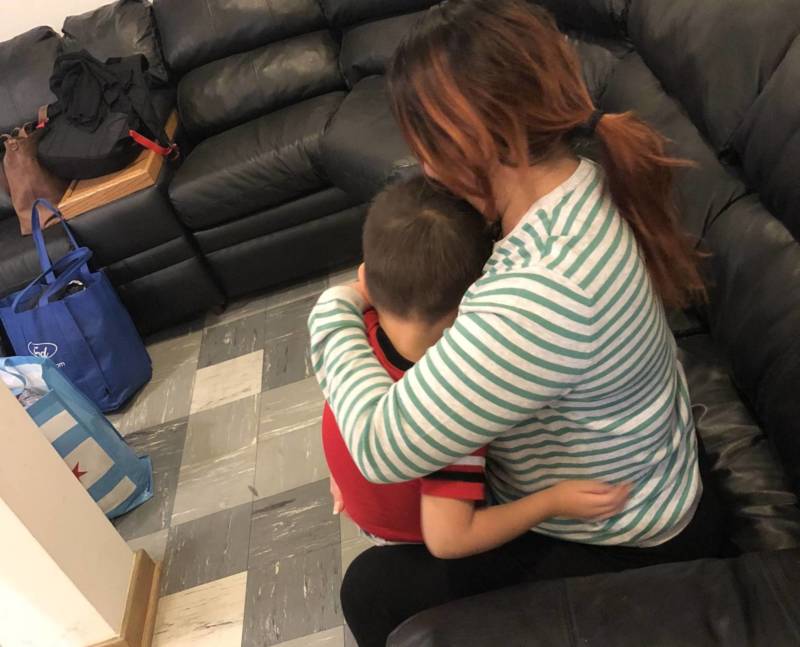“It is important for all government actors to have a time frame and a deadline,” Sabraw said. “I intend to stand on it unless you indicate otherwise and articulate reasons that demonstrate good cause for an extension.”
Cmdr. Jonathan White, with the U.S Department of Health and Human Services, will lead the government’s effort. The agency is responsible for caring for migrant children in U.S. custody.
Appearing in person to explain the plan, White told the judge, “We’re going to go as fast as we can.”
“I ask that you do as you say,” Sabraw later said to White, “to get this done right as quickly as humanly possible.”
Sabraw had rejected the government’s initial plan to track down those children over several years.
Officials to Scour Thousands of Migrant Kids' Records
U.S. officials plan to review the cases of some 47,000 migrant kids who passed through government shelters from July 1, 2017, to June 25, 2018. On the next day, June 26, Sabraw issued a temporary injunction against family separation.
That order compelled officials to identify any children still in U.S. custody who could be reunited with their parents.
Officials then determined that 2,814 children were taken from parents at the border. As a result of the judge's order, the majority of children were reunited with their parents. However, nearly 600 were released to other relatives or sponsors, and 45 children remain in government-run shelters.
Then in January 2019, the inspector general for Health and Human Services reported that thousands more children were separated from their families before the judge’s order, and fell outside the accounting required by the court.
Last month, Sabraw decided to include the parents of these additional children as plaintiffs in the class-action lawsuit brought by the American Civil Liberties Union to end family separations.
“I don't believe there's anybody who knows how many children will be in the expanded class,” White told Sabraw. “I think if we knew that, all of us would probably have an easier time today.”

